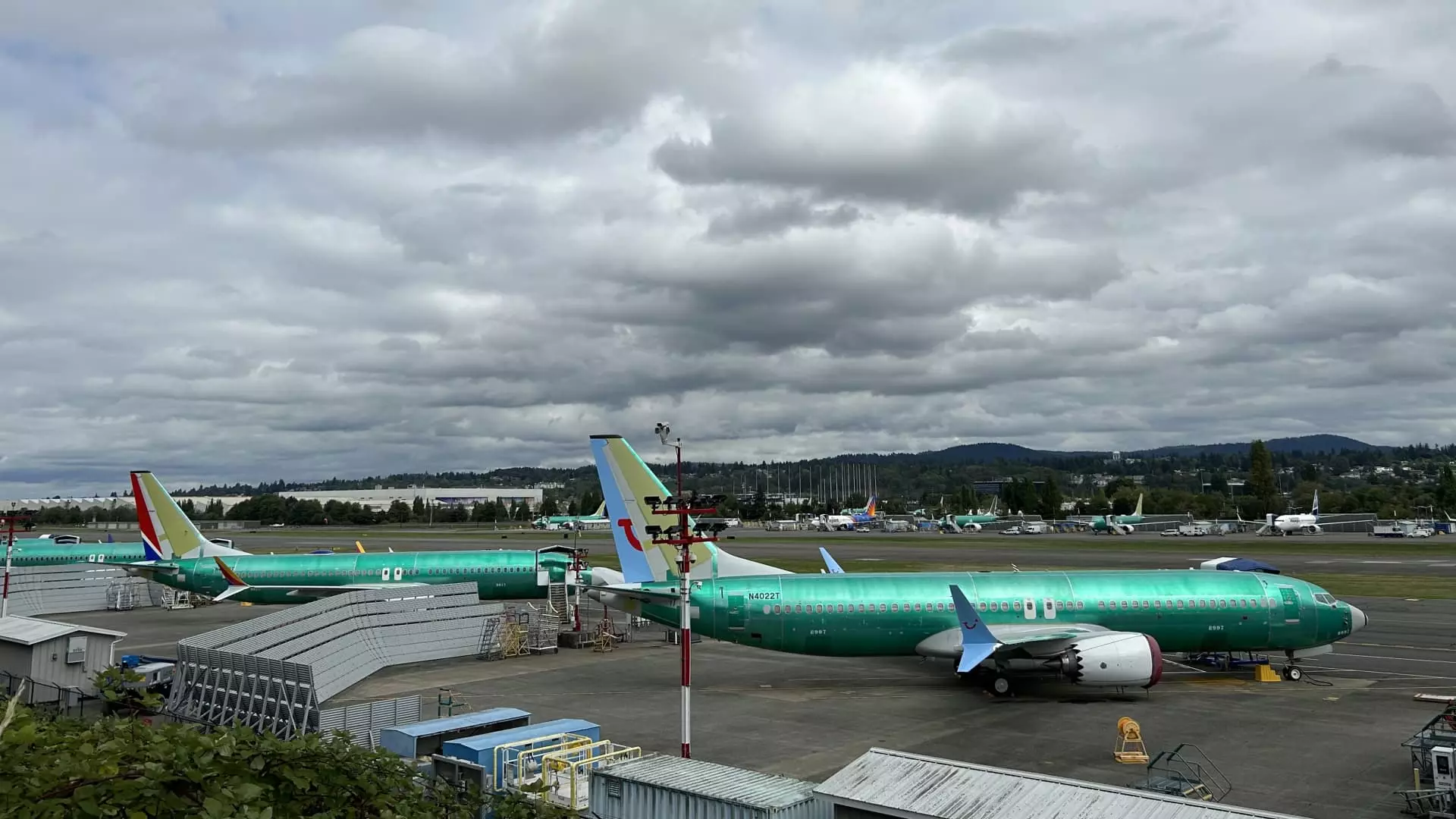Boeing’s performance in 2024 has been notably disappointing, with the aerospace titan delivering only 348 airplanes to customers. This figure represents a staggering one-third drop compared to the previous year, highlighting significant operational difficulties that the company is facing. The dual issues of a critical midair incident involving a door panel and a machinist strike that halted production for nearly eight weeks have compounded Boeing’s struggles. These challenges have not only impacted the company’s delivery capabilities but have also widened the gap between Boeing and its chief competitor, Airbus. With Airbus reporting 766 aircraft deliveries — its highest number since 2019 — Boeing’s situation looks increasingly precarious.
Both Boeing and Airbus are navigating a complex environment where supply chain strains are affecting their production capabilities. While demand for new aircraft remains robust, fulfilling the existing backlog has become increasingly challenging due to shortages of key components from suppliers. Boeing managed to restart production of its best-selling 737 Max aircraft shortly after the machinist strike, delivering 30 planes in December alone. However, the question remains whether this revival will be sustainable in the face of ongoing supply chain obstacles.
Deliveries are an essential aspect of aircraft manufacturing as they represent the point at which customers make significant financial commitments. The scarcity of available aircraft has led to surging lease rates, with aviation data provider IBA predicting record highs in rental prices for the year. This environment puts additional pressure on companies like Boeing and Airbus, as they must balance production constraints while managing customer expectations.
Regarding new aircraft orders, Boeing recorded a total of 142 gross orders in December, a promising uptick driven by large commitments from notable carriers. Among these were 100 orders for the 737 Max by Turkey’s Pegasus Airlines and 30 for the 787 Dreamliner from flydubai, signaling that there is still interest in Boeing’s offerings. However, Boeing also removed over 130 orders from its books due to cancellations from India’s Jet Airways, further underscoring the volatility facing the company.
In contrast, Airbus ended the year in a stronger position, with a total of 878 gross orders and 826 net orders. The discrepancy between the two companies’ order books is a reflection of Boeing’s continued struggle to regain footing in a highly competitive market.
As Boeing prepares for a pivotal investor day on February 28, CEO Kelly Ortberg and other company leaders will face critical questions regarding their strategy for ramping up production and restoring the company’s profitability. Restoring investor confidence is essential for Boeing, especially in light of the challenges it faced throughout 2024. The path to recovery will require not only addressing supply chain challenges but also reassessing operational strategies to mitigate risks that have led to such an impressive downturn in performance.
Boeing’s year has been characterized by significant challenges, with operational setbacks and competition from Airbus intensifying the scrutiny on its future. The company’s ability to navigate these challenges will significantly determine its fortunes in the years to come.


Leave a Reply